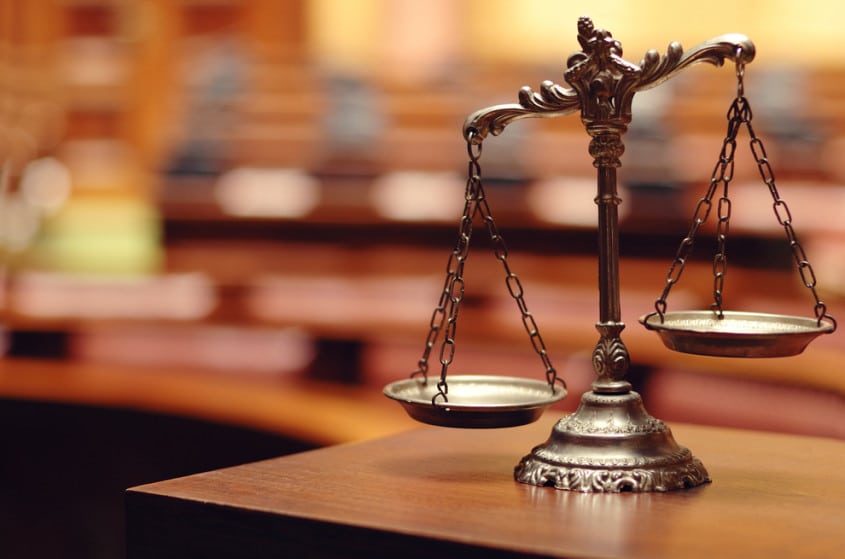What is Negligence?
In a variety of legal areas from personal injury to medical malpractice, a case will revolve around the issue of negligence. Negligence is careless behaviour that causes another person loss or harm. Read on to find out the definition of negligence, and how negligence can be proven in court:
The Basics of Negligence
In every negligence case, the question at hand is whether the defendant acted like a reasonable person would be expected to act in the same circumstances. Let’s take a store owner as an example. A reasonable store owner would be expected to keep their floors clean and clear of any spills, or put up signage if there was a wet patch on the ground. If they do not clean a spill and their negligent actions cause you to slip and fall, the store owner could be liable. In another example, a reasonable doctor is expected to inform the patient of the risks of a surgery. If they do not and a patient is harmed as a result, the doctor could be sued for malpractice.
Proving Negligence
Negligence has to be proven by direct evidence, circumstantial evidence, or a combination of the two. Evidence can include things like photos or video of the scene of the accident or witness testimony that speaks to negligent conditions or actions. There must be reasonable proof that the defendant had a duty to the plaintiff and breached that duty. The defendant’s negligence must have directly caused the plaintiff harm.
The court will weigh the evidence and arguments from both sides. Can the plaintiff successfully prove that “but for” the defendant’s actions, the injury would not have happened?
Damages
Once the court determines that the actions of the defendant were negligent, they will order the defendant to pay damages. Damages will depend entirely on the severity of the injury and toll of the physical and emotional harm.
The courts will assign a monetary value to make up for medical expenses, pay for care during recovery, and replace your income if your injuries kept you from work – this is known as pecuniary damages. Non-pecuniary damages help compensate pain and suffering and loss of enjoyment in life.
If you have been victimized as a result of someone else’s negligent actions, contact Mullowney’s today for a free consultation. They can assist you with finding an out-of-court settlement or fighting for your right for compensation through litigation.



No Comments